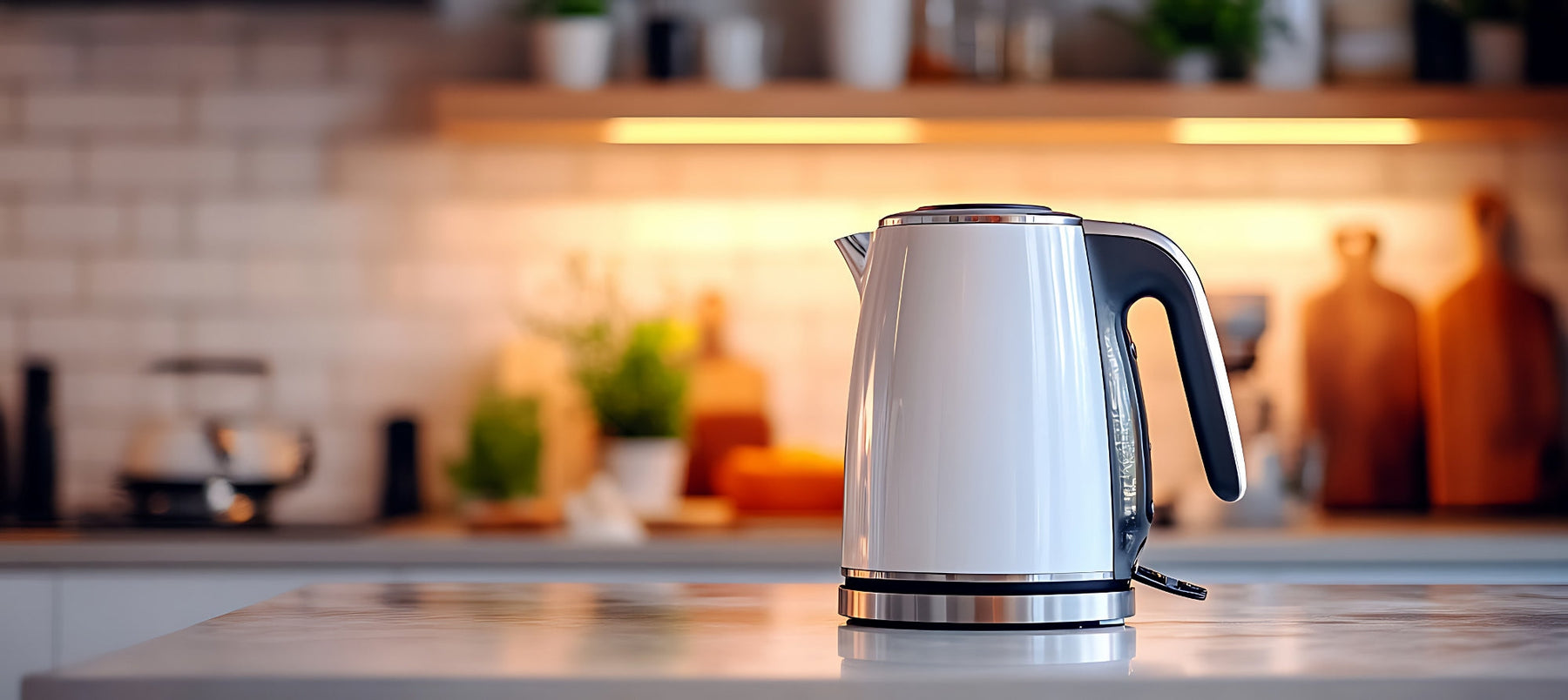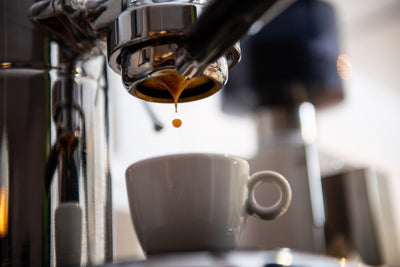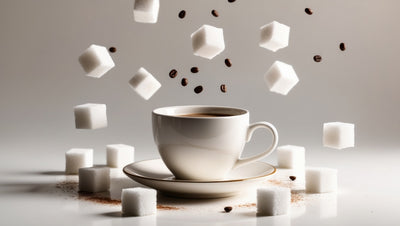
Could kettles become obsolete?
“Surely not!” we hear you shout. But a recent survey by Uswitch suggests that the under-30’s, otherwise known as Gen Z, are favouring another method to make their cups of tea.
Apparently, 58% of young people have now used a microwave to make a cuppa and 20% of them brew this way every day. Perhaps you are one of them.
The survey revealed that the worst offenders for ditching the kettle were southerners, with 28% of respondents from London and the South-East of England using a microwave. Those hailing from the East Midlands were the least likely to microwave a brew.
The humble kettle has been around for longer than you might think but could become obsolete, at least for brewing tea, if the current trend continues.
What is the history of the kettle?
It might surprise you to hear that kettles have been used for thousands of years. Early examples, dating back to Mesopotamia around 3500 BC, were made of bronze and iron. They were likely used for boiling water for medicinal purposes.
Prior to the 19th century, kettles in the developed world were designed to be placed directly on stoves or over flames and were usually made from iron. But during the 19th century, copper became an increasingly popular choice of material thanks to its superior heat conductivity.
The first electric kettle was introduced in 1891 by the Carpenter Electric Company. Kettles were first advertised in catalogues in 1893. Whistling kettles emerged during the 20th century and now kettles feature in most homes. But for how long?
Why use a microwave to brew tea?
That’s a good question!
Is it quicker to boil water in a microwave? Not really! It can take as little as 48 seconds to boil sufficient water for a cup of tea using a kettle. But it could take up to 3 minutes to boil the same amount of water in a microwave. So, speed isn’t key to microwave brewing.
There could be issues with quality too as microwaves tend to heat water unevenly. This can result in uneven extraction which in turn may deliver a bitter, stewed taste.
There are three primary reasons why youngsters are turning to microwaves for brewing. Firstly, student halls of residence now often prohibit the use of kettles because the steam they produce can set off alarms.
Secondly, our habits are influenced by America where electric kettles are not typically used.
Social media has also played a role in inspiring the trend. Videos on TikTok and Instagram have showed young people making tea using microwaves and those videos went viral. (have people got nothing better to do that watch videos of other people making tea?)
There may be concerns over energy usage at play, at least for those with environmental concerns. Microwaves are more energy efficient than electric kettles.

How could microwave tea impact the tea industry?
It is possible that microwave tea could boost the popularity of the drink as the brewing method might inspire more young people turn to tea drinking. Manufacturers may need to adapt tea blends to combat the stewing effect and could well introduce products specifically aimed at those who microwave their brews.
What’s the bottom line?
There seems to be little doubt that if you wish to achieve a superior cuppa, you need to use a kettle to heat the water. There are many reasons why the humble kettle has remained in use for thousands of years and tea brewing is one of them.
But habits change and so microwave tea is probably here to stay. Oh dear!



Comments
Leave a comment